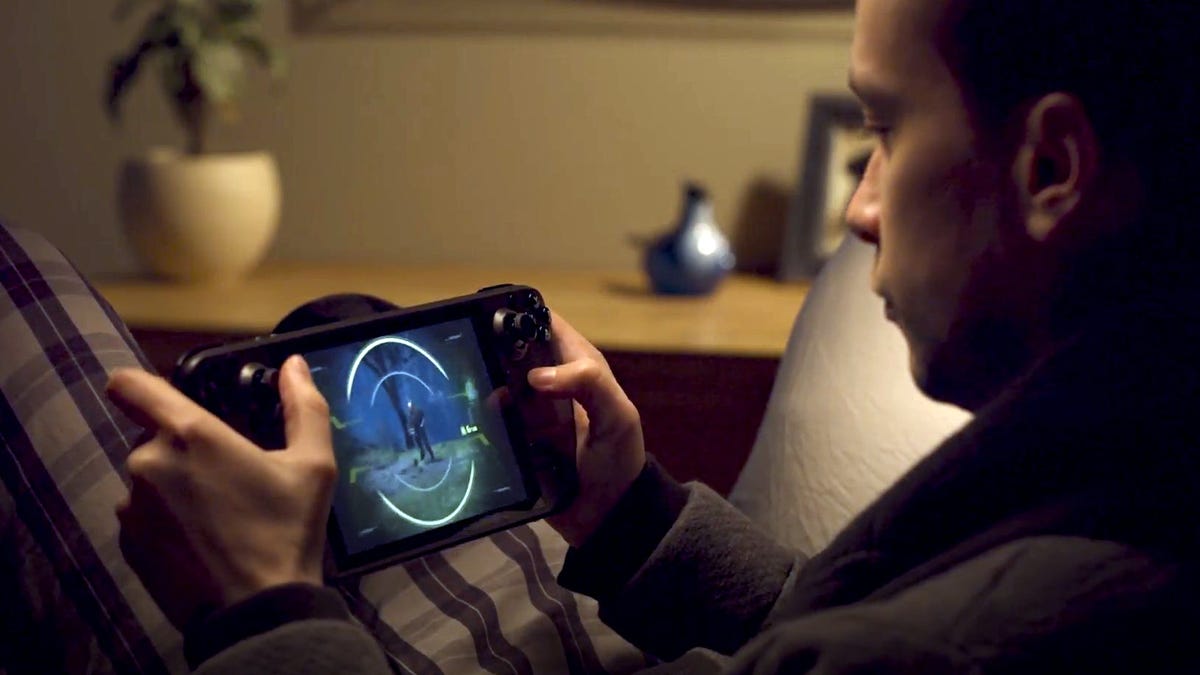The way Valve describes it, the new Steam Deck sounds like a tiny—but still alarmingly heavy—marvel, capable of running Steam’s vast library of games despite the beefy specs required to play many of them. However, it is at its core a Linux machine, and that may lead to some complications.
On its own, Linux is not the most video game-friendly operating system. To alleviate compatibility issues, Valve has built a feature called Proton into its Linux-based SteamOS. Proton is an amalgam of tools like Wine and DXVK that users would normally need to seek out themselves if they wanted to play a wider range of games on Linux. In short, it saves developers the trouble of porting their games to Linux, and it saves players the effort of figuring out how to make games work. Problem is, Proton isn’t flawless.
User-run Proton tracker ProtonDB (via PC Gamer) says that four of Steam’s ten most popular games—Destiny 2, Apex Legends, Rainbow Six Siege, and PlayerUnknown’s Battlegrounds—are “borked.” If you try to play them via Proton, they’ll appear to start up, only to crash, close, or fail not long after. According to user-submitted reports, this happens because those games’ anti-cheat systems don’t play nice with Proton, which leads to players getting insta-booted from multiplayer servers.
Fortunately, Valve is working on solving the problem.
“For Deck, we’re vastly improving Proton’s game compatibility and support for anti-cheat solutions by working directly with the vendors,” Valve wrote on the Steam Deck website.
Here’s hoping that it manages to balance out Proton’s protons and electrons before the Steam Deck launches in December. If not, my heart goes out to everybody who was hoping to farm engrams or pick up two different kinds of victory royale while on the toilet. The world mourns your loss.
That said, the Steam Deck is a fully functioning PC, so if you really want, you can always resort to a time-honored Linux compatibility workaround: install Windows.
Kotaku
Source link
Related Post:
- Unless something changes, Steam Deck won’t run Destiny, Apex, PUBG or Siege
- You might be able to upgrade a Steam Deck’s SSD, but Valve says not to
- Steam Deck Pre-Orders Run Into Technical Problems
- Steam Deck is Future Proof, but Might Receive Future Iterations, Valve Says
- Elgato Announces New Stream Deck Same Day As Valve’s Steam Deck
- Sony acquires The Playroom and Run Sackboy Run studio Firesprite
- Run Prop, Run! is a prop hunter multiplayer game coming out 23rd June | Articles
- Will Steam Deck sell? Is Zelda Skyward Sword HD good now? – VG247’s Definitely Not a Podcast Video Chat #4
- The Steam Deck will not boost performance while docked
- PUBG’s Taego map update might add self-pickup and other features
